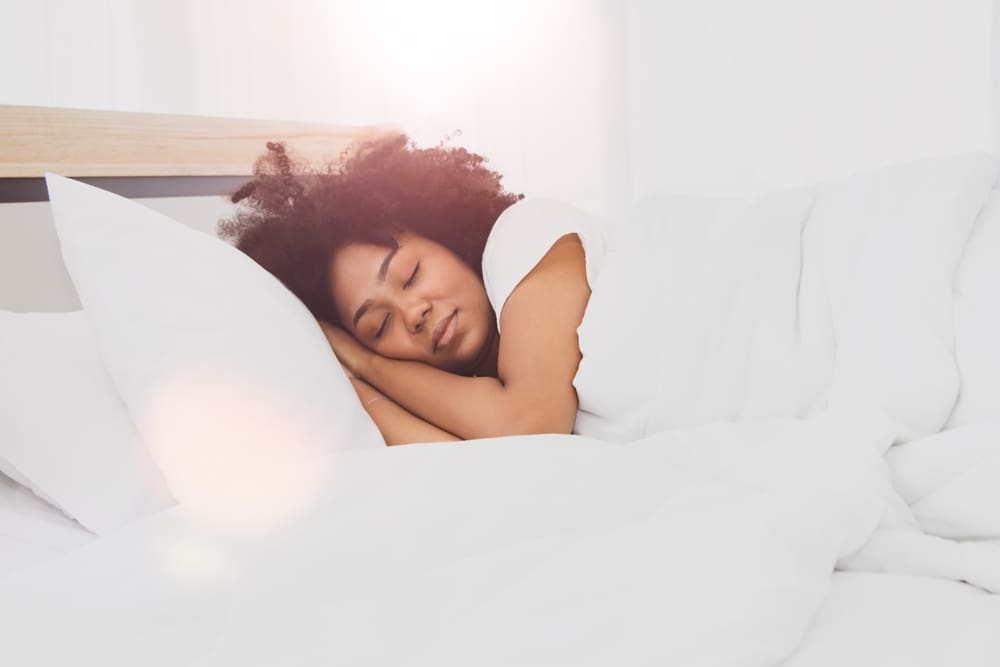A recent study from Imperial College London has shed light on the potential mental health risks associated with going to bed after 1 a.m. This research suggests that late bedtimes could lead to an increase in mental health issues, regardless of whether an individual identifies as a morning person or a night owl.
The link between bedtime and mental health
According to the study, individuals who retire for the night before 1 a.m. tend to have better mental health outcomes. They exhibit lower rates of mental, behavioral, and neurodevelopmental disorders, including depression and generalized anxiety disorder (GAD). Surprisingly, the study found that even those who naturally prefer staying up late, or night owls, experienced poorer mental health when going to bed after 1 a.m.
The research analyzed data from 73,888 adults, with a mean age of 63.5 years, who participated in the UK Biobank study. On average, these individuals slept seven hours per night.
Chronotypes and sleep quality
Chronotypes, which indicate whether a person is inclined to wake up early or stay up late, were initially thought to play a significant role in these findings. However, the study’s results challenge this assumption. It appears that the timing of sleep, rather than alignment with one’s chronotype, is more crucial for mental health.
One theory, The Mind After Midnight, suggests that the brain functions differently late at night, potentially impacting mental health. This could be due to social isolation during late hours or reduced REM sleep, which is vital for mood regulation and brain function.
REM sleep and mental health
REM sleep, which increases during the latter part of the night, is closely linked to mood regulation. Disruptions in REM sleep are considered a risk factor for neuropsychiatric disorders such as depression, general anxiety disorder, and PTSD. The study indicates that late bedtimes may restrict the amount of REM sleep, leading to mood disturbances and cognitive dysfunction.
Chronotypes and society
Modern society, with its artificial lighting and nighttime work shifts, may not be well-adapted for individuals with evening chronotypes. These individuals often face poorer health outcomes due to their late sleep-wake behaviors. The study’s findings suggest that even for night owls, staying up late could be detrimental to mental health.
Researchers also considered the role of social patterns and seasonal changes in determining the optimal bedtime. While the study focused on middle-aged and older UK residents, it’s suggested that the ideal bedtime may vary based on season and time zone.
In conclusion, this study highlights the importance of considering bedtime as a factor in mental health and encourages further research into how sleep timing can affect our well-being.





